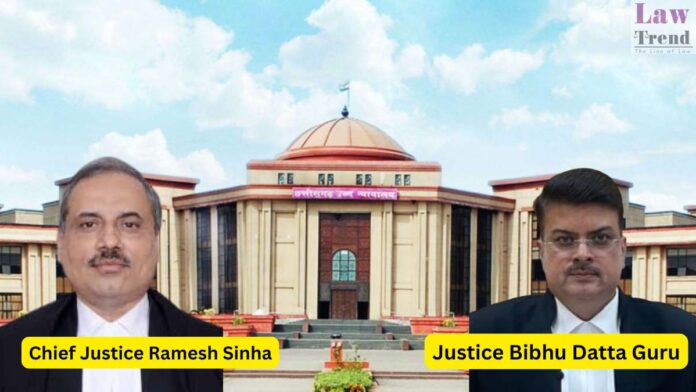The High Court of Chhattisgarh, in a significant judgment, has affirmed that the renewal of a government lease is not an automatic or vested right and can be refused based on breaches of the lease conditions. A Division Bench comprising Chief Justice Ramesh Sinha and Justice Bibhu Datta Guru dismissed a writ appeal filed by

To Read More Please Subscribe to VIP Membership for Unlimited Access to All the Articles, Download Available Copies of Judgments/Order, Acess to Central/State Bare Acts, Advertisement Free Content, Access to More than 4000 Legal Drafts( Readymade Editable Formats of Suits, Petitions, Writs, Legal Notices, Divorce Petitions, 138 Notices, Bail Applications etc.) in Hindi and English.
Click to Subscribe
If you are already a VIP Member, Click to Login Now
READ ALSO Mere delayed compliance of Sec 52A NDPS Act cannot be a ground for grant of bail: Delhi HC




